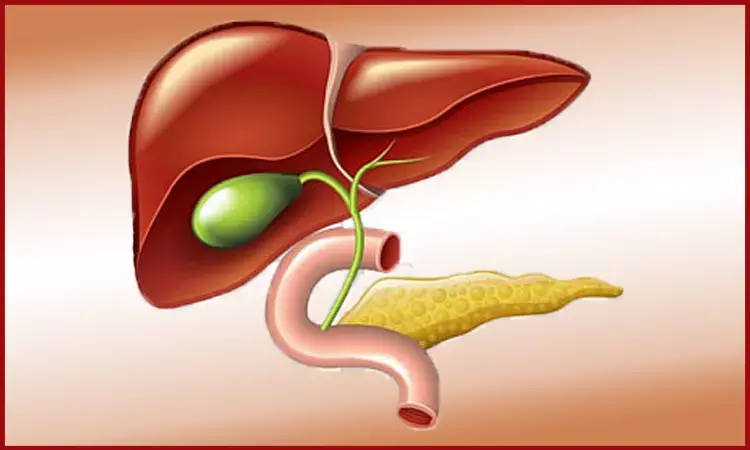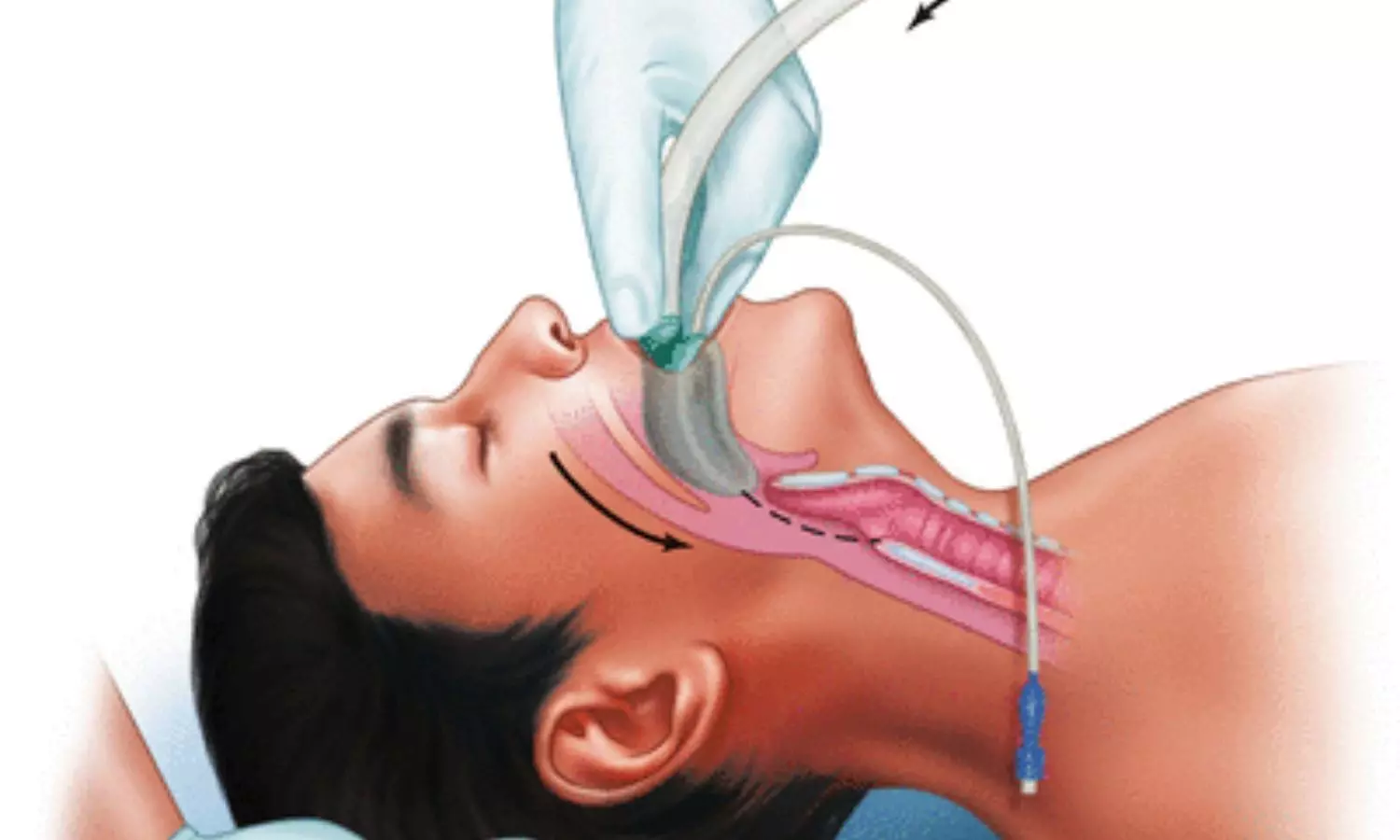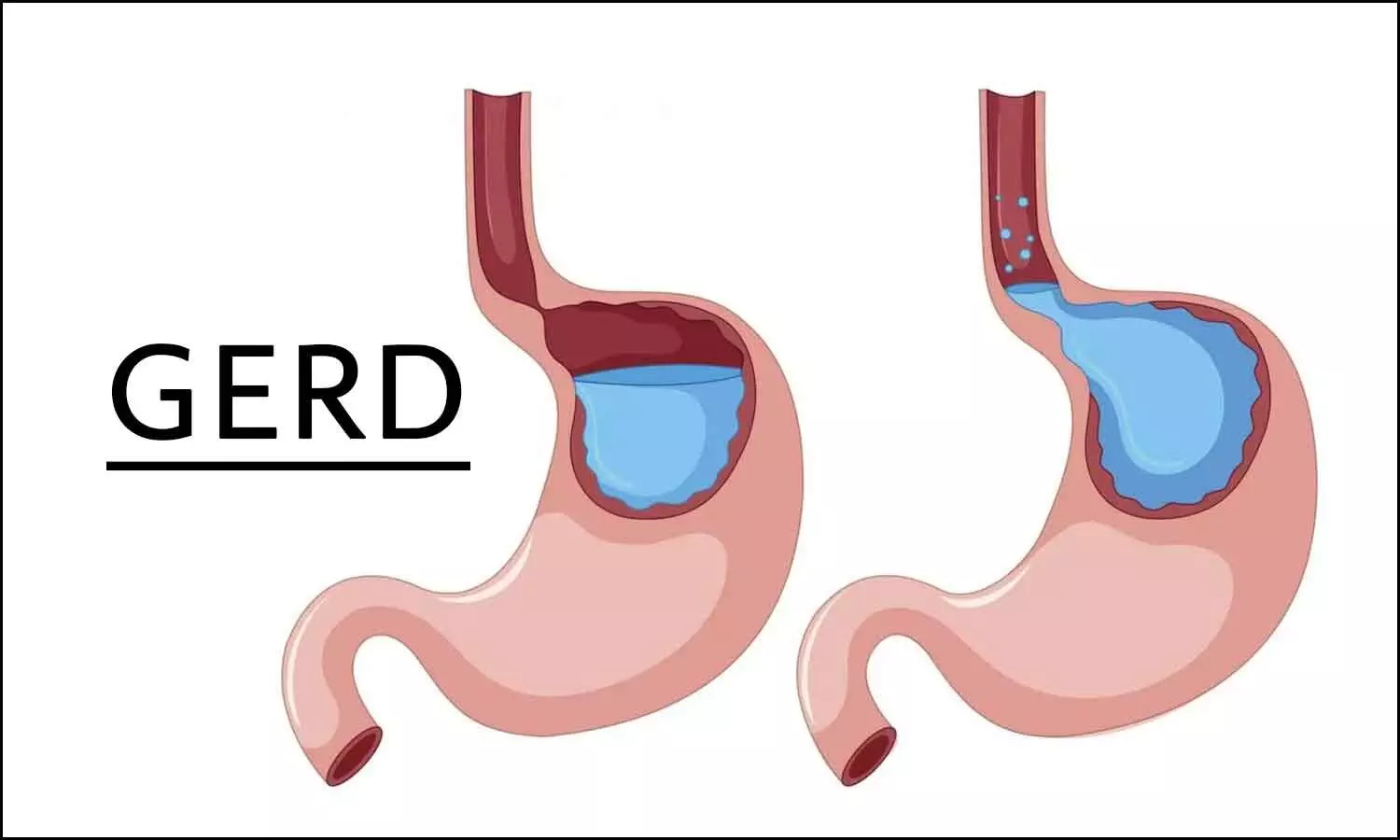- Home
- Medical news & Guidelines
- Anesthesiology
- Cardiology and CTVS
- Critical Care
- Dentistry
- Dermatology
- Diabetes and Endocrinology
- ENT
- Gastroenterology
- Medicine
- Nephrology
- Neurology
- Obstretics-Gynaecology
- Oncology
- Ophthalmology
- Orthopaedics
- Pediatrics-Neonatology
- Psychiatry
- Pulmonology
- Radiology
- Surgery
- Urology
- Laboratory Medicine
- Diet
- Nursing
- Paramedical
- Physiotherapy
- Health news
- Fact Check
- Bone Health Fact Check
- Brain Health Fact Check
- Cancer Related Fact Check
- Child Care Fact Check
- Dental and oral health fact check
- Diabetes and metabolic health fact check
- Diet and Nutrition Fact Check
- Eye and ENT Care Fact Check
- Fitness fact check
- Gut health fact check
- Heart health fact check
- Kidney health fact check
- Medical education fact check
- Men's health fact check
- Respiratory fact check
- Skin and hair care fact check
- Vaccine and Immunization fact check
- Women's health fact check
- AYUSH
- State News
- Andaman and Nicobar Islands
- Andhra Pradesh
- Arunachal Pradesh
- Assam
- Bihar
- Chandigarh
- Chattisgarh
- Dadra and Nagar Haveli
- Daman and Diu
- Delhi
- Goa
- Gujarat
- Haryana
- Himachal Pradesh
- Jammu & Kashmir
- Jharkhand
- Karnataka
- Kerala
- Ladakh
- Lakshadweep
- Madhya Pradesh
- Maharashtra
- Manipur
- Meghalaya
- Mizoram
- Nagaland
- Odisha
- Puducherry
- Punjab
- Rajasthan
- Sikkim
- Tamil Nadu
- Telangana
- Tripura
- Uttar Pradesh
- Uttrakhand
- West Bengal
- Medical Education
- Industry
Serum procalcitonin useful biomarker for high-risk patients with infected pancreatic necrosis

A new study revealed that serum procalcitonin (PCT) can be used as a biomarker for timely intervention and altering the outcome in infected pancreatic necrosis (IPN). It can be used as a tool to identify high-mortality risk patients and also patients with poorer outcomes based on the baseline levels and post-intervention levels. The study results were published in the journal Digestive Diseases and Sciences.
In patients with infected pancreatic necrosis (IPN), timely intervention can improve outcomes if there is an adequate biomarker to identify the risk. As the role of serum procalcitonin (PCT) in the management of IPN is understudied, researchers from Chandigarh, India conducted a study to assess the role of serum procalcitonin (PCT) in IPN management.
Participants included all patients with acute pancreatitis with IPN without prior intervention. Baseline demographic, radiological, and laboratory parameters were documented. PCT was measured at baseline, before the intervention, and thereafter every 72 h. Patients were grouped into those having baseline PCT < 1.0 ng/mL and those with PCT ≥ 1.0 ng/mL and various outcome measures were compared.
Results:
- Of the 242 patients screened, 103 cases (66 males; 64.1%) with IPN were Identified. There were 66 (64.1%) males.
- They have been grouped into 2 groups PCT < 1.0 ng/mL (n = 29) and PCT ≥ 1.0 ng/mL (n = 74).
- Significantly more severe disease scores were identified in patients with baseline PCT ≥ 1.0 ng/mL.
- High mortality was seen in 16 out of 19 patients with a rise in PCT on day 7 post-intervention.
- There was a higher need for ICU (p = 0.001) and high mortality (p = 0.044) in patients with PCT ≥ 1.0 ng/mL group.
- PCT > 2.25 ng/mL at baseline and failure in reduction of PCT levels to < 60% of baseline at day 7 post-intervention were significant mortality predictors.
Thus, the study showed that PCT levels can be used to identify high-mortality risk patients with IPN.
Further reading: Samanta, J., Dhar, J., Birda, C.L. et al. Dynamics of Serum Procalcitonin Can Predict Outcome in Patients of Infected Pancreatic Necrosis: A Prospective Analysis. Dig Dis Sci (2022). https://doi.org/10.1007/s10620-022-07758-4
BDS, MDS
Dr.Niharika Harsha B (BDS,MDS) completed her BDS from Govt Dental College, Hyderabad and MDS from Dr.NTR University of health sciences(Now Kaloji Rao University). She has 4 years of private dental practice and worked for 2 years as Consultant Oral Radiologist at a Dental Imaging Centre in Hyderabad. She worked as Research Assistant and scientific writer in the development of Oral Anti cancer screening device with her seniors. She has a deep intriguing wish in writing highly engaging, captivating and informative medical content for a wider audience. She can be contacted at editorial@medicaldialogues.in.
Dr Kamal Kant Kohli-MBBS, DTCD- a chest specialist with more than 30 years of practice and a flair for writing clinical articles, Dr Kamal Kant Kohli joined Medical Dialogues as a Chief Editor of Medical News. Besides writing articles, as an editor, he proofreads and verifies all the medical content published on Medical Dialogues including those coming from journals, studies,medical conferences,guidelines etc. Email: drkohli@medicaldialogues.in. Contact no. 011-43720751




